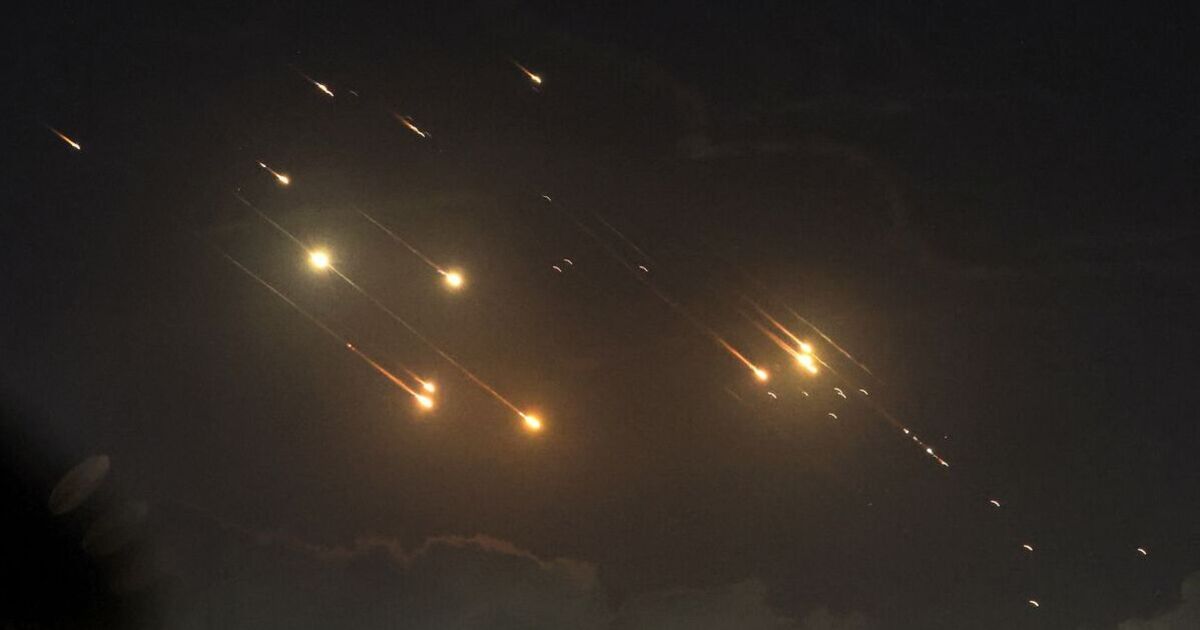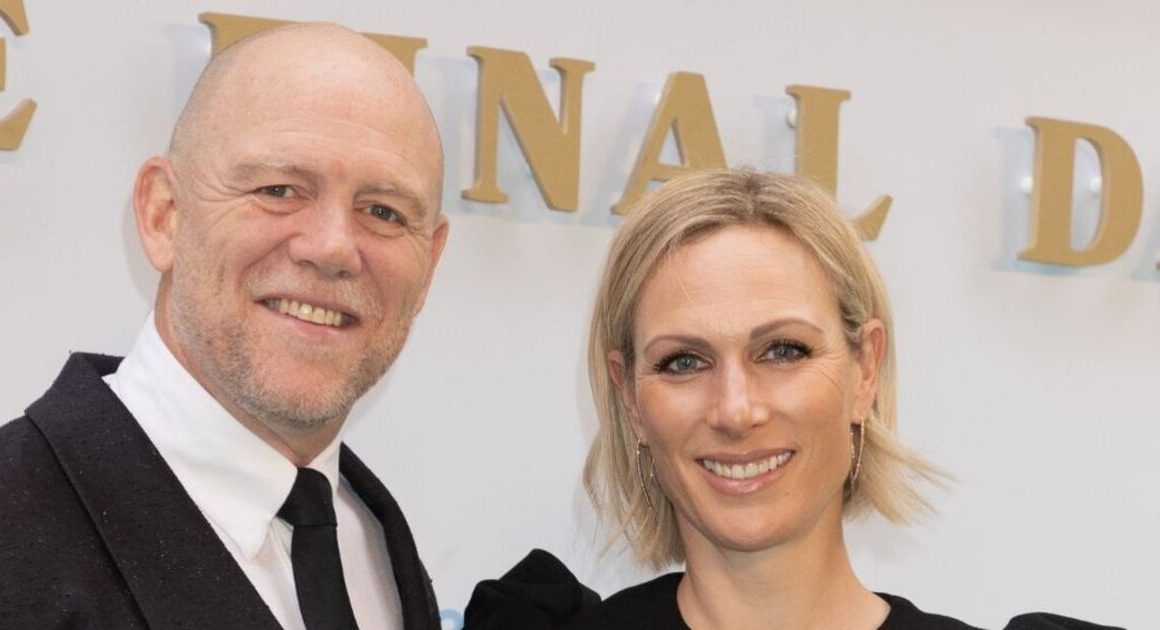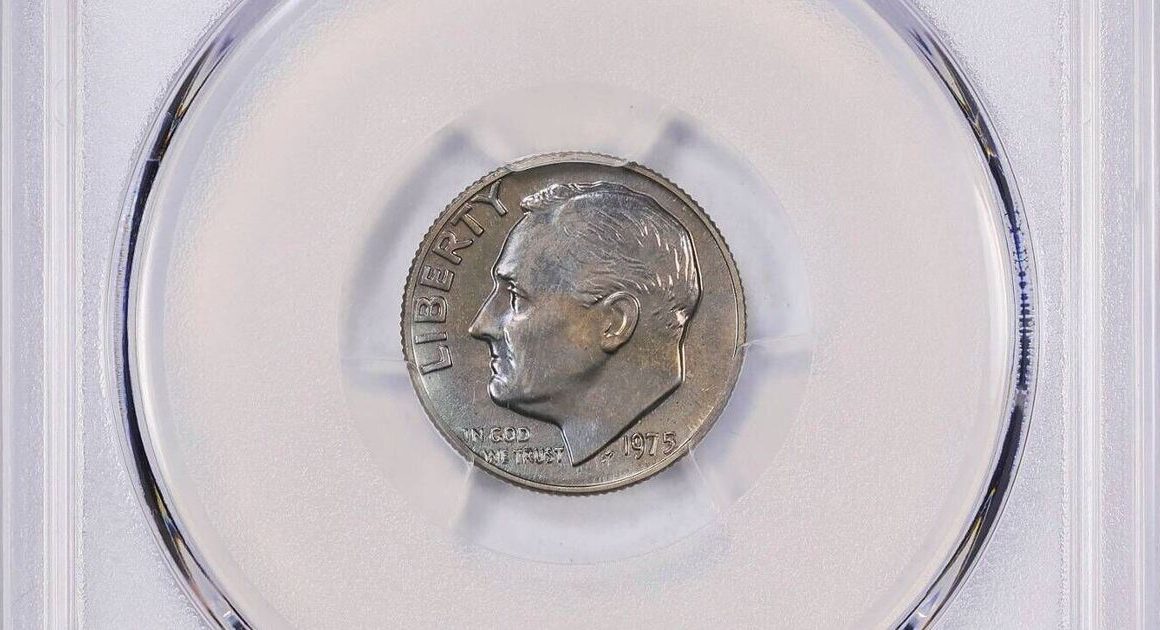The Ministry of Defence has confirmed British armed forces were involved in defending Israel against Iran’s attack today, though details remain sparse.
Defence Secretary John Healey has disclosed that UK military staff “played their part” in protecting the Jewish state amidst a heavy onslaught of missiles from Iran, a response to the incursion into Lebanon and the assassination of Hezbollah’s leader. Mr Healey praised the UK’s role in striving to mitigate further conflict in the Middle East and expressed gratitude towards British troops for their “courage and professionalism”. However, he did not go into any detail about what this actually entailed.
This follows Prime Minister Sir Keir Starmer’s declaration of solidarity with Israel after the Iranian attack.
John Healey, in his statement, said he “completely condemn[s] Iran’s attack against Israel”. He added: “British forces have this evening played their part in attempts to prevent further escalation in the Middle East. I want to thank all British personnel involved in the operation for their courage and professionalism.”
FOLLOW the Daily Express’s live blog on the ongoing conflict
Previously, the Prime Minister voiced his “deeply concerned that the region is on the brink” and reiterated calls for British citizens in Lebanon to evacuate as violence in the Middle East intensifies. In related news, British individuals leaving Lebanon are expected to embark on a government-chartered flight back to the UK come Wednesday.
In a statement issued by Downing Street, Sir Keir Starmer said Iran has “menaced the Middle East for far too long” and urged the nation to “stop these attacks”. He said: “We stand with Israel and we recognise her right to self-defence in the face of this aggression. Iran must stop these attacks. Together with its proxies like Hezbollah, Iran has menaced the Middle East for far too long, chaos and destruction brought not just to Israel, but to the people they live amongst in Lebanon and beyond. Make no mistake, Britain stands full square against such violence. We support Israel’s reasonable demand for the security of its people.”
Iran confirmed it initiated the strikes as a response to the assassination of Hezbollah leader Hassan Nasrallah in Beirut the previous week. The situation escalated after Israel commenced a ground offensive in Lebanon, executing what it termed as “limited, localised” operations.
The Iranian assault on Israel started while Sir Keir was engaged in a conversation with Israel’s Prime Minister Benjamin Netanyahu on Tuesday, as per Downing Street’s earlier announcement. In his statement, Sir Keir expressed he was “deeply concerned that the region is on the brink” and “deeply concerned about the risk of miscalculation”.
He reiterated the guidance for Britons in Lebanon to evacuate, noting “we’re doing everything we can to get people out, but the situation is extremely volatile”. A specially arranged flight is set to transport UK citizens from Beirut-Rafic Hariri International Airport on Wednesday, with seats priced at £350.
Meanwhile, Lebanon’s Middle East Airlines remains the sole commercial airline maintaining flights from Beirut, with a scheduled service to the UK also departing on Wednesday.
The assault on Israel by Iran has drawn sharp criticism from UK political figures. Foreign Secretary David Lammy cautioned against a “cycle of escalation” and stated it would be in “no-one’s interest”, while Tory leader Rishi Sunak affirmed “we stand unequivocally by Israel’s right to defend itself including against Hezbollah in Lebanon”.
Sir Keir Starmer engaged with fellow European leaders on Tuesday evening, denouncing Iran’s offensive and echoing the call for a ceasefire in the region. During his dialogue with German Chancellor Olaf Scholz, “the leaders agreed that further escalation was in nobody’s interest and that all sides should show restraint”, according to a spokesperson from Downing Street.
Additionally, there was a discussion with French President Emmanuel Macron, where Downing Street reported “the Prime Minister and president agreed that ensuring Israeli security was vital and that there was an urgent need for de-escalation, with all parties needing to show restraint”.
The Prime Minister also presided over a ministerial meeting at Downing Street on Tuesday, discussing the situation in the Middle East.












